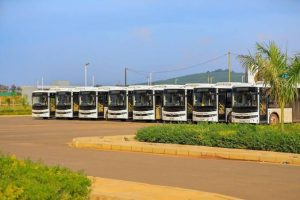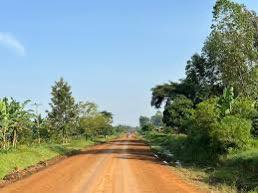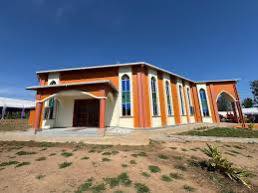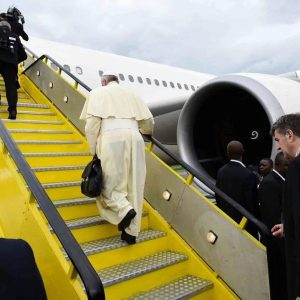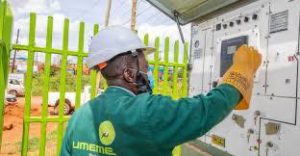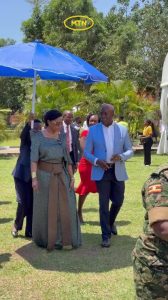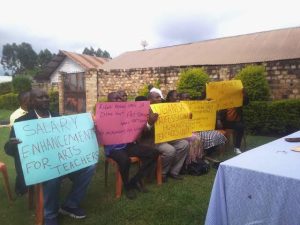
#OutToLunch: Poor pay of humanities teachers may take us back to Covid days
By Denis Jjuuko It is more than five years since the dark days when many people who could afford a TV set spent their days on the screen, watching numbers as they were being updated in real time of the people who were dying. Those without TV sets, clung to their small world receivers. The world was coming to an end. The televised address of the president became the most anticipated event. People waited for his trademark “therefore” with abated breath. Would he unlock the country or extend the lockdown? The children stayed at home instead of school for two years or so. The majority of those from middle income families deceived themselves that they were learning online. The majority of teachers also convinced themselves that they were teaching. The truth is learning wasn’t taking place. Those from poorer households loitered the streets and villages. Some of them have never stopped loitering up to today. Many became teenage mothers — their lives thrown into the world they had never imagined. A cycle of poverty on the horizons. Covid-19 is something many people will never forget. Over the weekend, a video emerged online of kids in a secondary school lounging in the vast fields and shrubs that make their compound. They were pretending to revise their books only for the camera to show many coupling. Some were even sleeping in the chests of others or very close to each other. It is hard to tell when the video was shot or which school it was. However, the concern of many people was that the ongoing humanity teachers strike is leading to many kids spending time discovering the anatomy of their bodies instead of being in classrooms learning. If teenagers spend their time discovering what they shouldn’t be discovering, many will end up pregnant or with sexually transmitted diseases. Remember, that we haven’t yet recovered from the teenage pregnancy crisis as a result of Covid-19. The humanity teachers are striking because government decided to pay science teachers more in a bid to stimulate innovation and transformation. The humanity teachers are calling this discriminatory arguing that they should also be paid as much as their science counterparts. Scientists may do a lot to transform a country but they can’t do it on their own. Innovations for example must be marketed. Lawyers must exist to help solve legal problems that may crop up as a result of scientists disagreeing on their innovations or how to share the proceeds. Getting humanities teachers back to the classrooms should be urgently handled so that we avert a crisis that may happen as teenagers loiter around school compounds for days indulging in activities that they shouldn’t be involved in. Although the country may decide that sciences are the best way to develop Uganda, it should not come at the expense of those who may want to pursue humanities courses. All learners should be given an equal opportunity to study want they want. Both those who study sciences and humanities have a role to play in the development of our country. However, government can find other ways to incentivize both learners and teachers that is not seen as discriminatory. For examples, learners, will want to study courses that lead to employment with higher pay. Their parents and/or guardians will push them to that too. But if they see doctors striking every day for poor pay, they will not see any reason why they should spend many years in medical school instead of doing something else. If we can’t pay our doctors enough money to ensure they work in the wards and theatres, however much we pay science teachers won’t have any impact on medicine for example. If kids go to university to study mechatronics engineering and there aren’t enough organizations willing to take them on for internship or offer them jobs after graduation, they will encourage their peers not to do the course. If they think the opportunities are in trading crypto, that is where they will go. If they see social influencers living the life, that is what they will want to do. The reason many parents of years ago wanted to see their kids become doctors, lawyers and engineers among other professions was because they had seen how those who studied such lived their lives. Parents always want the best for their children. Although paying science teachers is important, paying humanitiess teachers is as important otherwise a time will come when we are now oversupplied with scientists at the expenses of humanities. Both sciences and humanities need each other. And for now, a major crisis looms if we don’t get the kids back in classrooms regardless of what they are studying. The writer is a communication and visibility consultant. djjuuko@gmail.com

